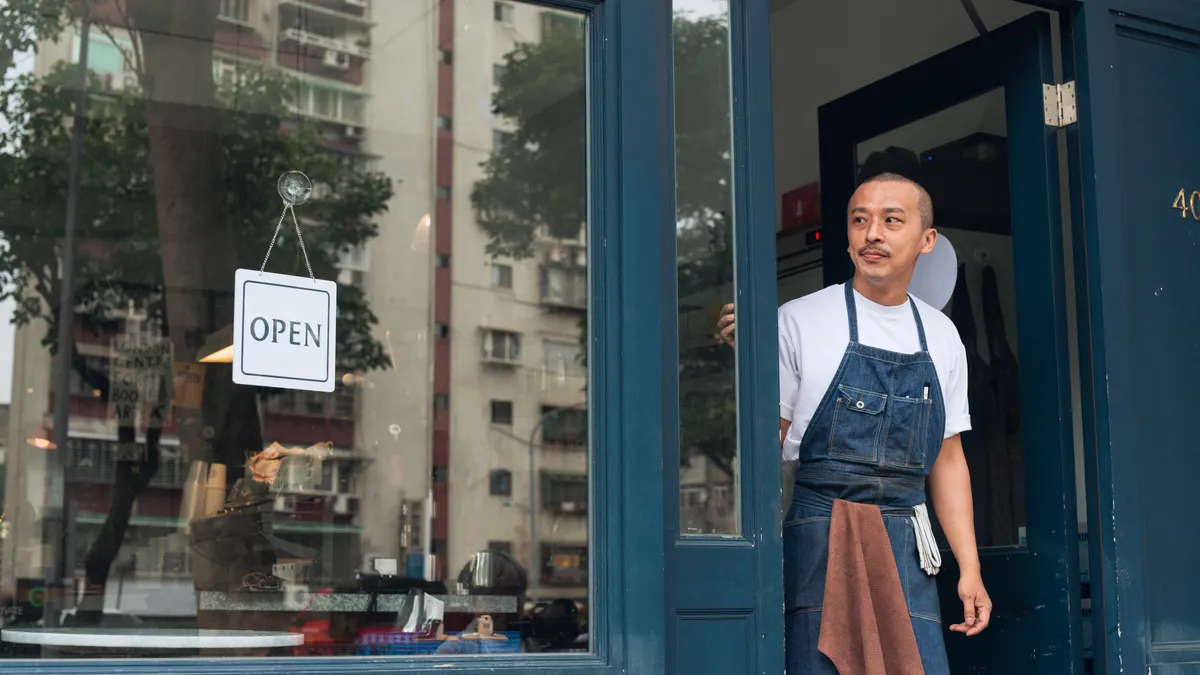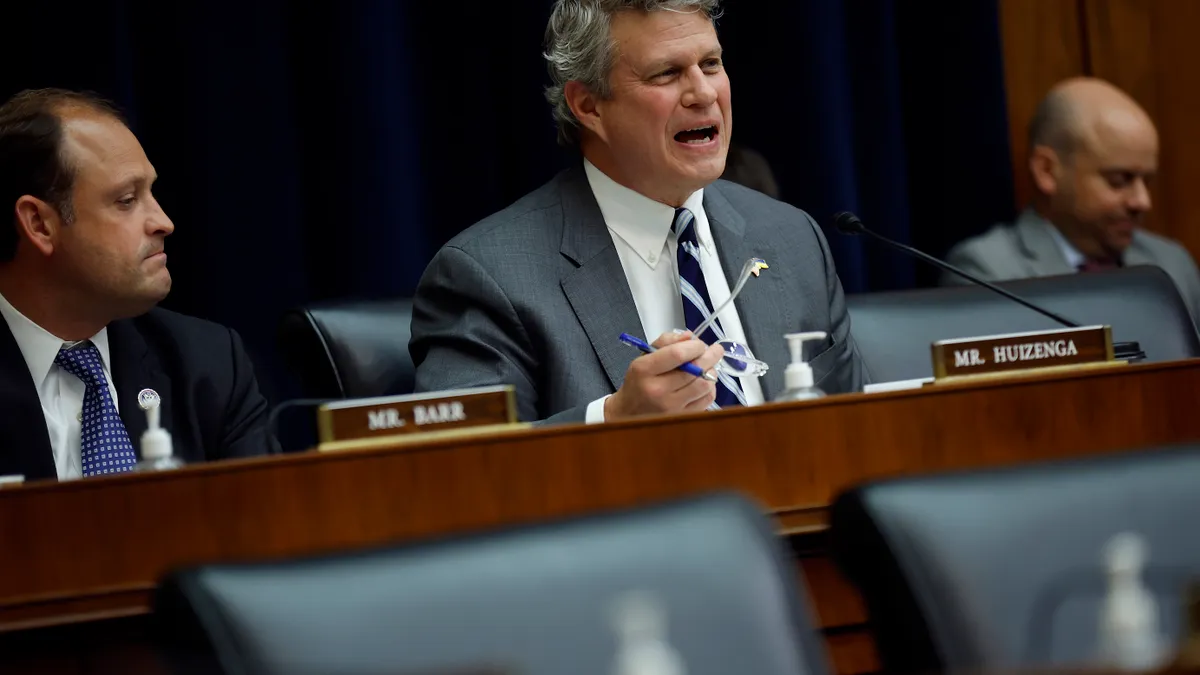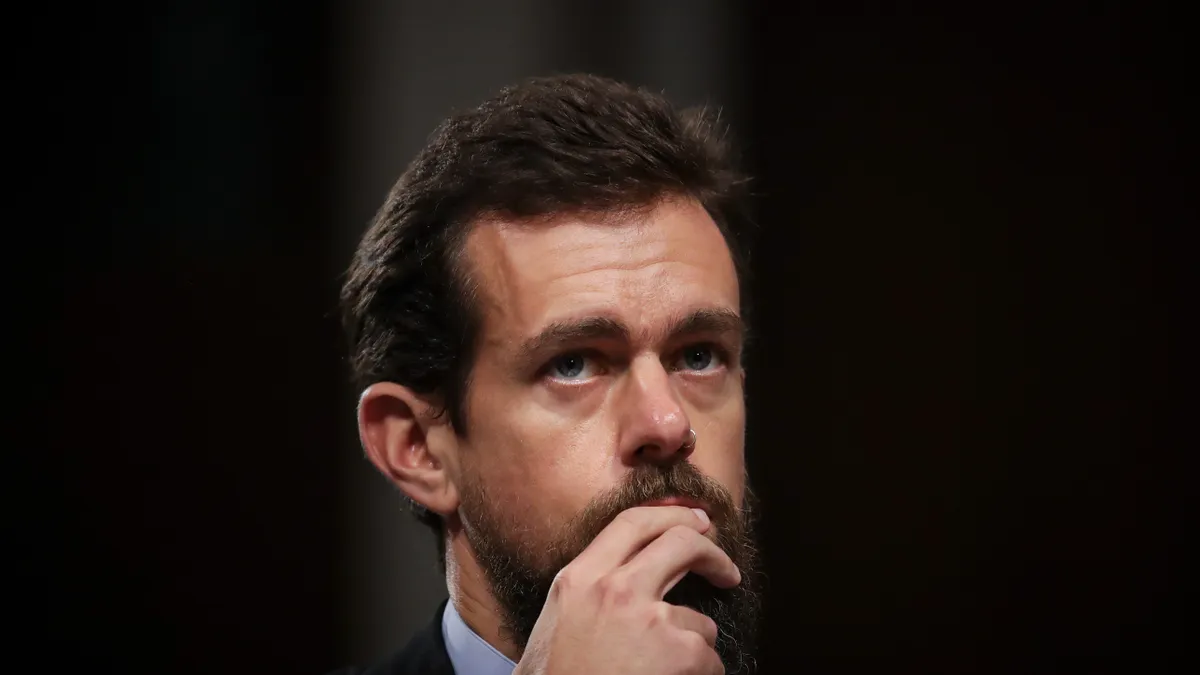Cash advance startup Pipe said this week that it has teamed up with the British payments company GoCardless, again, to offer services in the United Kingdom in a revival of its first move outside the U.S. market.
Pipe’s latest tie to GoCardless is currently hosted by Pipe, but will be embedded in GoCardless’ services starting next year, the two firms said in a Tuesday press release. Pipe is also gearing up to launch services in Canada and Australia, the company’s CEO, Luke Voiles, said in an interview last week.
The U.K. launch spooling up next year follows on a pilot program between the two companies earlier this year, and also in 2022, in both cases seeking to attract merchant customers to cash advance and payments services. Pipe, founded in 2019, was previously in the U.K. market with an earlier version of its service from late 2021 to early 2023, a spokesperson for the company said.
Miami-based Pipe, which has raised $316 million and has about 100 employees, turned to GoCardless in the latest partnership following the appointment of Voiles as CEO in February. He brings Pipe his experience working with merchants at the software company Intuit, where he led the Quickbooks capital unit, and for the payments firm Square’s banking unit.
Voiles aims to create a funding service that will have particular appeal to micro small businesses that can’t get traditional lending from banks because of their low credit scores. Pipe is targeting businesses with between $100,000 and $1 million in annual revenue, he said.
“There is enormous demand from micro merchants,” Voiles said. “The banks just don't serve those populations.”
The company doesn’t consider itself a lender, and it doesn’t charge interest, so it doesn’t have to abide by U.S. lending laws, but it does adhere to anti-money laundering and know-your-customer laws, the CEO said. Instead of interest, Pipe charges fees for its funding and therefore must abide by state regulations that require disclosure of the equivalent of annual percentage rates regarding fees charged, he added.
Despite Pipe APRs reaching into the low 40-percent range for some higher risk businesses, Voiles expects the company’s embedded funding services to attract small business owners who may have received startup funding from friends and family and are seeking more capital to grow.
The owners automatically pay back the Pipe advance when they’re making a profit, though they may sink deeper into debt if they’re receiving advances and not making payments. Ultimately, if the business fails, they’re not required to pay Pipe back because the advances weren’t a loan.
Voiles says Pipe is satisfying businesses’ unmet need for capital, and only charging them when they’re making money. “We just wait until the customer processes enough money to actually pay us back, plus a fee over time,” Voiles explained. “If they pay back slowly, or their business is slower, they have a benefit because the annual cost goes down,” he said. “If they pay back faster, we actually cap the fee” to keep APRs, on average, in the low 20-percent range, he said.
An example of a typical Pipe client is a nail salon owner that can access the company’s cash advances digitally in three clicks, Voiles said. “It's usually a female immigrant, no FICO score, business owner,” he explained. “We're able to give that business owner a pre-approved offer and product that she's 98% likely to actually be approved on if she clicks on it, and she's never had access to the financial system before.”
Voiles said he’s not worried about regulators trying to hem in Pipe’s services because there are no legal caps on interest rates for businesses, and the standard APR for consumers on their credit cards range as high as 36%.
“There's a whisper number of 36 [percent] on the consumer side that a lot of folks like to try to stick to, but on the small business side, there is no equivalent,” Voiles said. While he acknowledged there may be a “negative connotation” about APRs that reach into the low 40-percent range, there isn’t an prohibition on such fees.
Voiles has been reassured by conversions he’s had with Consumer Financial Protection Bureau Director Rohit Chopra and another official at that federal agency about Pipe’s services, which are considered a small business product, the CEO said.
“Some folks don't think it's okay to go that high,” he explained, referencing APRs of 36 percent, and higher. “Many folks do think it's okay to go that high. The regulators don't actually have a straight opinion on this, because there's no actual cap on these APRs.”
Voiles said he sees the Pipe advances as a benefit for small businesses that might not otherwise have access to capital, and ultimately, it’s up to them to manage their funding sources. “Businesses are supposed to be more sophisticated and can handle taking capital,” he said.



















